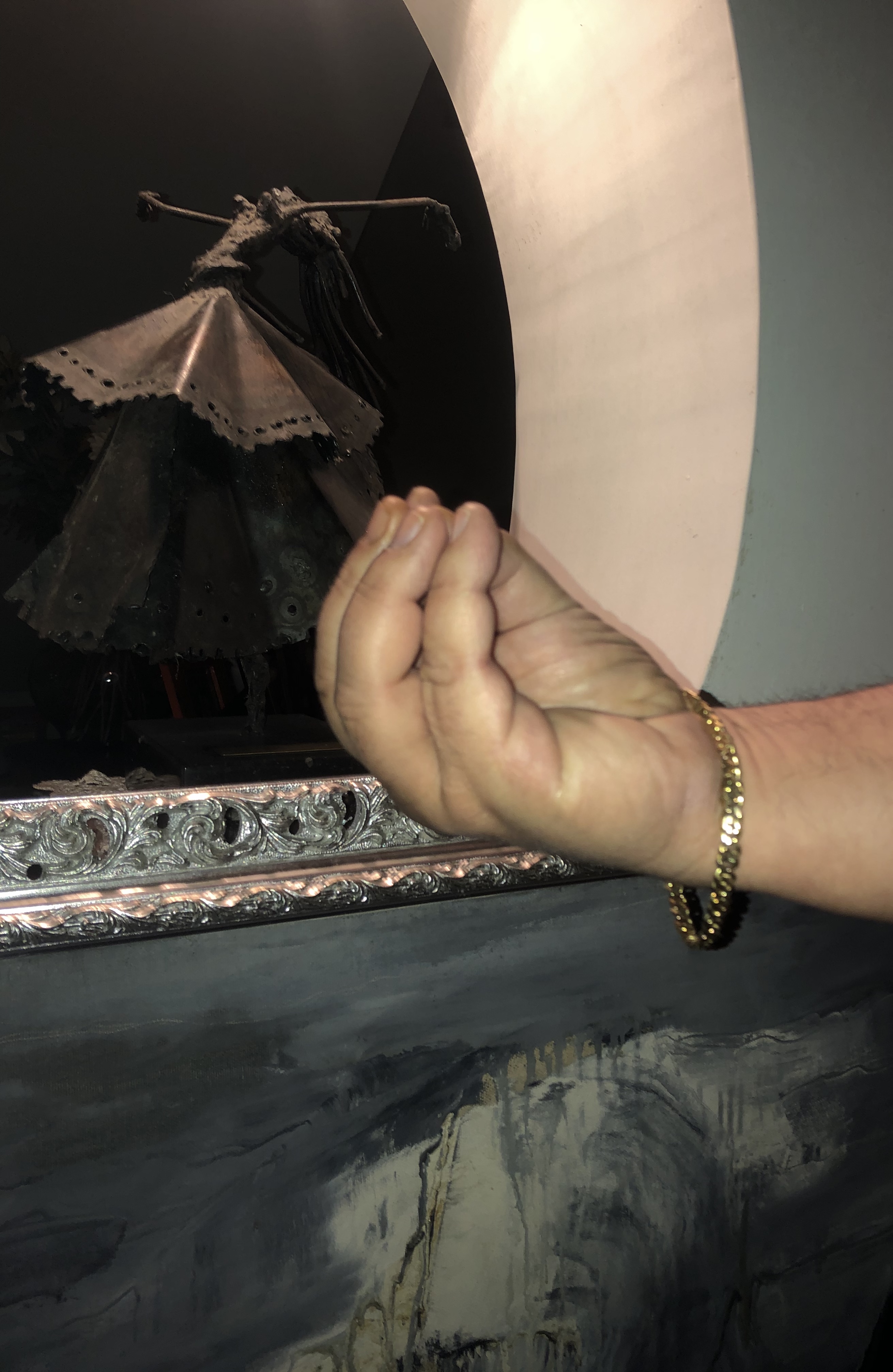Main piece:
S.C.:I don’t know what kind of origin this can have, but my mum used to tell me that when your ears start ringing, someone you know is either thinking or talking about you. Ehm…From the moment that it is something related to the ear, it is said that if the ear ringing is the right one, what the person is saying is positive, while if the ear ringing is the left one, the person is saying bad things. Generally, if in the moment of the ringing you are with a group of people you should ask one random person for a number comprehended between 1 and 21, and that number correspond to a letter of the alphabet. In this way, you get to know who is talking or thinking about you, because…yeah the number the person picked corresponds to the initial of the name of who is talking and thinking about you.
This should, also, serve as a cure for the fastidious ringing [smiles] I don’t know, saying it out-loud makes it sound absorb, but it has actually always worked for me. Every-time I asked for a number and associated the resulted letter with a person, the ringing stopped.
Background:
My informant -my mother- is a 57 years old woman, born in Bologna from Italian parents. She learnt this practice from her mum and she passed it down to her daughter as well. She still practices nowadays.
Context:
I was in the informants’s house when she mentioned and explained it.
Thoughts:
I think that this tradition is quite common for many cultures and countries, however, I am not so sure about the diffusion of the counter-action my informant suggests taking or performing.
I have always been “educated” at performing it by my mum, who, whenever her ears were ringing, would exclaim “tell me a number”, and then would start to list the alphabet to find the corresponding letter. This particular action of asking for a number can be, in my opinion, interpreted as a peculiar form of conversion superstition, which is meant to send the possibly evil energies or gossips away. In fact, if the ringing is interpreted as a bad thing -as I usually do-, the fact of discovering the source and auto-curing the ‘ailment’ by saying its name out-loud is a form of prevention and shield.

